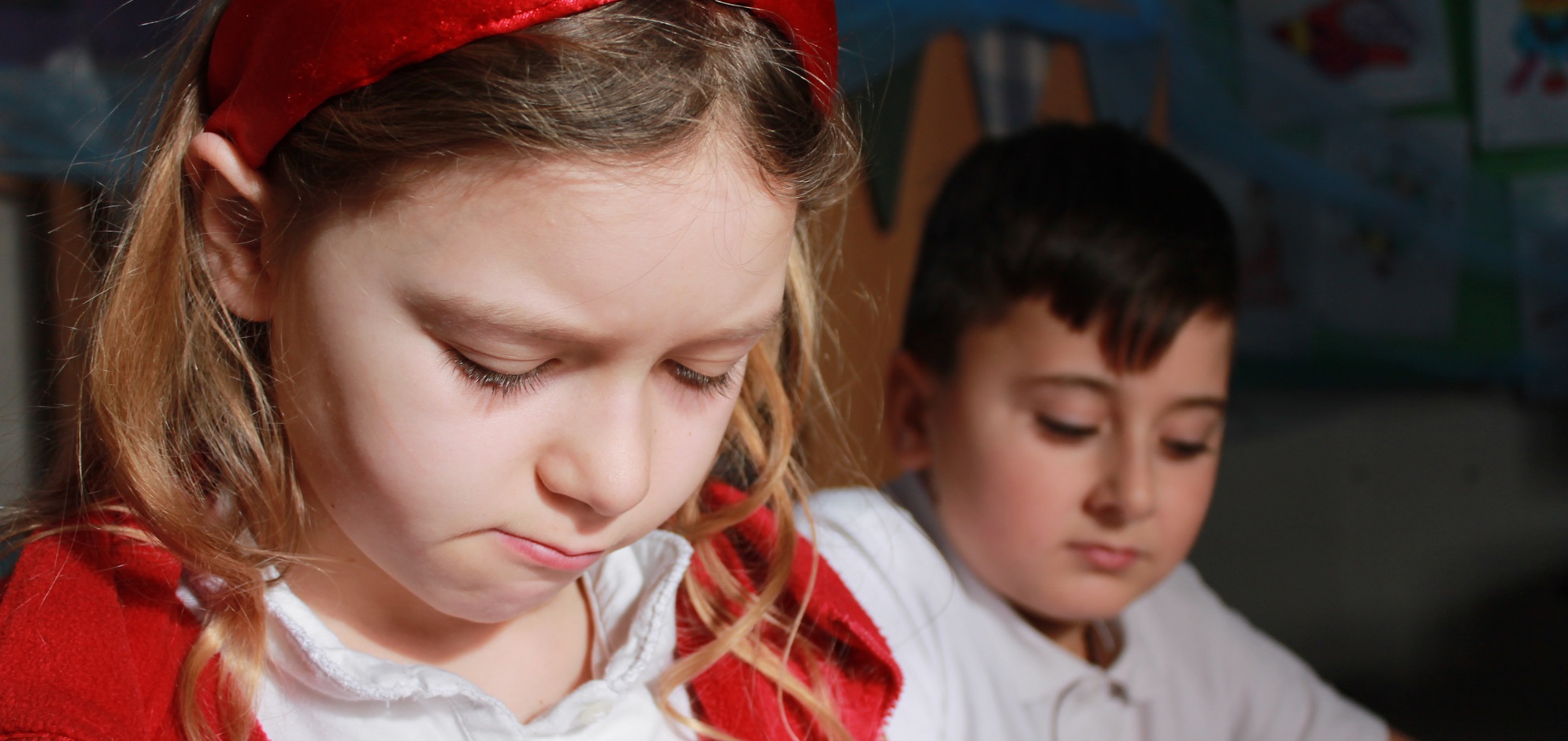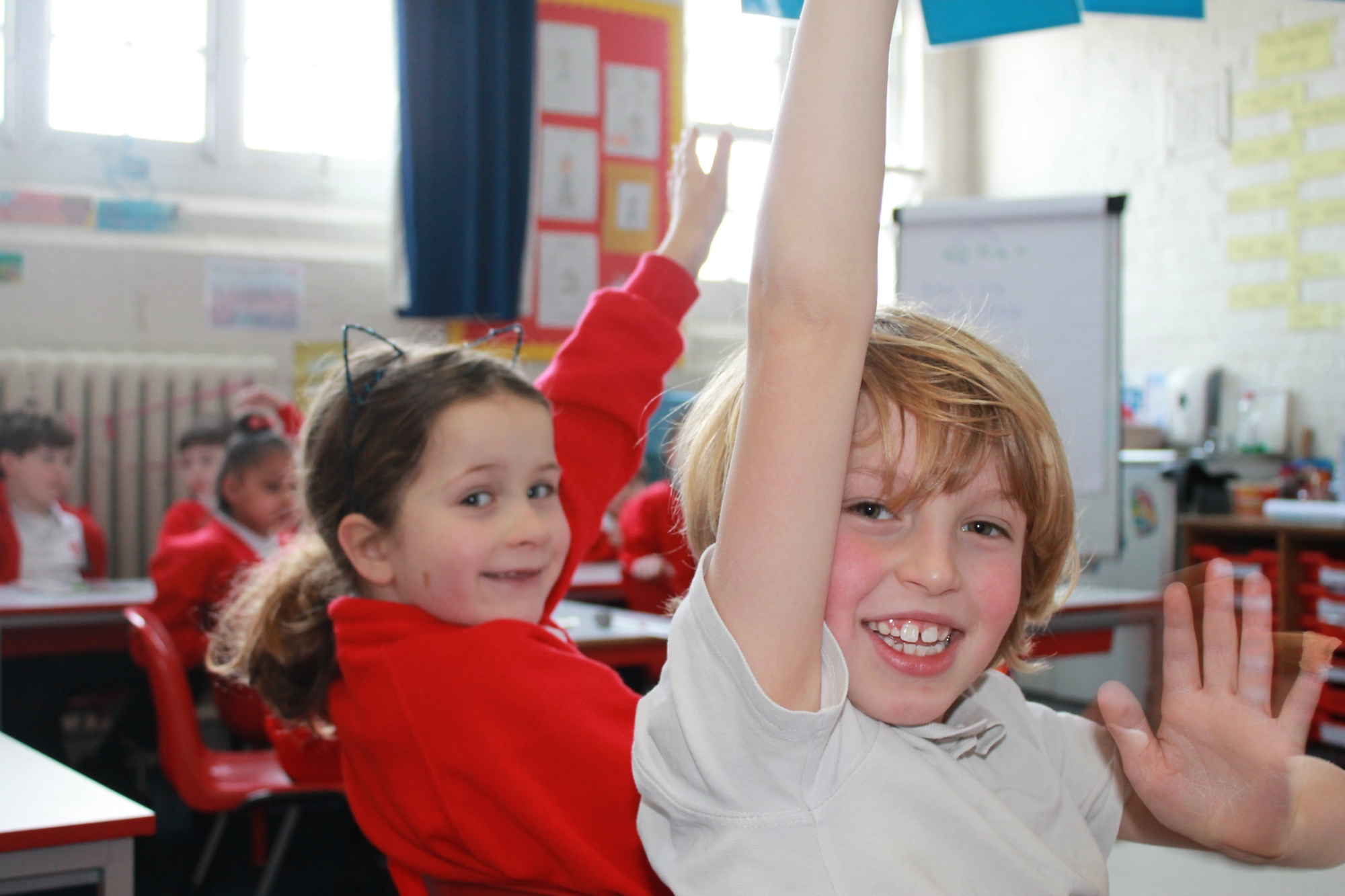Safeguarding & Online Safety
Safeguarding
Safeguarding and promoting the welfare of children is everyone’s responsibility. ‘Children’ includes everyone under the age of 18. Everyone who comes into contact with children and their families has a role to play. In order to fulfil this responsibility effectively, all practitioners should make sure their approach is child centred. This means that they should consider, at all times, what is in the best interests of the child.
Keeping children safe in education Statutory guidance for schools and colleges September 2025
We are aware that child protection and safeguarding are fundamental to the welfare of all children in our care. Our school is a community and all those directly connected (staff, governors, parents, families and pupils) have an essential role to play in making it safe and secure. We welcome suggestions and comments that will contribute to this process.
Whitstable Junior School recognises the importance of providing an ethos and environment within school that will help children to feel safe, secure and respected; encourage them to talk openly; and enable them to feel confident that they will be listened to.
We recognise that children who are abused or witness violence are likely to have low self-esteem and may find it difficult to develop a sense of self worth. They may feel helplessness, humiliation and some sense of blame. Our school may be the only stable, secure and predictable element in their lives.
Whitstable Junior School will endeavour to support the welfare and safety of all pupils through:
- Maintaining children’s welfare as our paramount concern
- ensuring the content of the curriculum includes social and emotional aspects of learning
- ensuring that child protection is included in the curriculum to help children stay safe, recognise when they don’t feel safe and identify who they might / can talk to
- providing suitable support and guidance so that students have a range of appropriate adults to approach if they are in difficulties
- promoting a positive, supportive, neutral and secure environment where pupils can develop a sense of being valued and heard in their own right
- ensuring all steps are taken to maintain site security and student’s physical safety
- working with parents to build an understanding of the school’s responsibility to ensure the welfare of all children including the need for referral to other agencies in some situations
- ensuring all staff are able to recognise the signs and symptoms of abuse and are aware of the school’s procedures and lines of communication
- monitoring children and young people who have been identified as having welfare or protection concerns; keeping confidential records which are stored securely and shared appropriately with other professionals
- developing effective and supportive liaison with other agencies
If you want to know more about safeguarding at WJS please see our Child Protection and Safeguarding Policy (in the policies section of this website) or speak to a member of staff.
If you have concerns about a child, ask to speak to the Designated Safeguarding Lead (DSL): Ms Kirsten Collin. Members of the Well Being Team are always available at the gate each morning and evening if you would prefer to speak with one of them.
Online Safety
It is recognised that the use of new technologies presents particular challenges and risks to children both inside and outside of school. Whitstable Junior School will ensure a comprehensive curriculum response to enable all pupils/students to learn about and manage the associated risks effectively and will support parents and the school community (including all members of staff) to become aware and alert to the needs of keeping children safe online
Children at WJS use the Internet on a regular basis as part of their learning. In school, we have regular 'e-safety' or online safety activities to remind children of the importance of keeping themselves safe online.
At home, many children are often given unsupervised access to the Internet. This, potentially, allows them to access all kinds of society (both good and bad) and bring them into their homes.
- Explore online-safety sites - There are lots of links to useful online-safety sites for children in our Children's Zone. They are great fun to explore, so why not browse through them with your children?
- Snapchat/Roblox/Whatsapp - Many of these sites have a minimum age limit of 13, so our pupils should NOT be using them. They do not offer the same levels of protection as Superclubs, allowing children to communicate with anyone.
- Keep your computer in a shared area - Talk to your child about what they are doing online and, if possible, set up your computer in a shared area at home so that you can all share in the wonderful sites that are available online.
Some links to more information:
- Think U Know - containing Internet safety advice for those aged from 5 to 16, along with parents and teachers, this site is produced by CEOP (the Child Exploitation and Online Protection Centre).
- Internet Safety Zone - Look in the 'Under 13s' section for useful safety advice and information.
- Childnet - lots of useful advice for keeping yourselves and your children safe on the Internet.
- Bullying UK - Information and advice about bullying for children, parents and schools.
- Kidscape - An organisation which helps to prevent bullying and child abuse.
- Childline - ChildLine is the free helpline for children and young people in the UK.
- ParentZone Parentzone give families tools to make the most of tech.
- Connecting Safely Online To help support parents, carers, and young people with additional learning needs.
- NSPCC NetAware Your guide to apps, games and social media sites.
Key contact personnel in School
Designated Safeguarding Lead(s) :
- Kirsten Collin - Co-Headteacher (Lead DSL)
- Sarah Kent - Co-Headteacher
- Jo Hitchmough - Computing Lead
- Leanne Eve - Well Being Mentor
Named Safeguarding Governor :
- Ged Smith - Link Governor for Safeguarding











